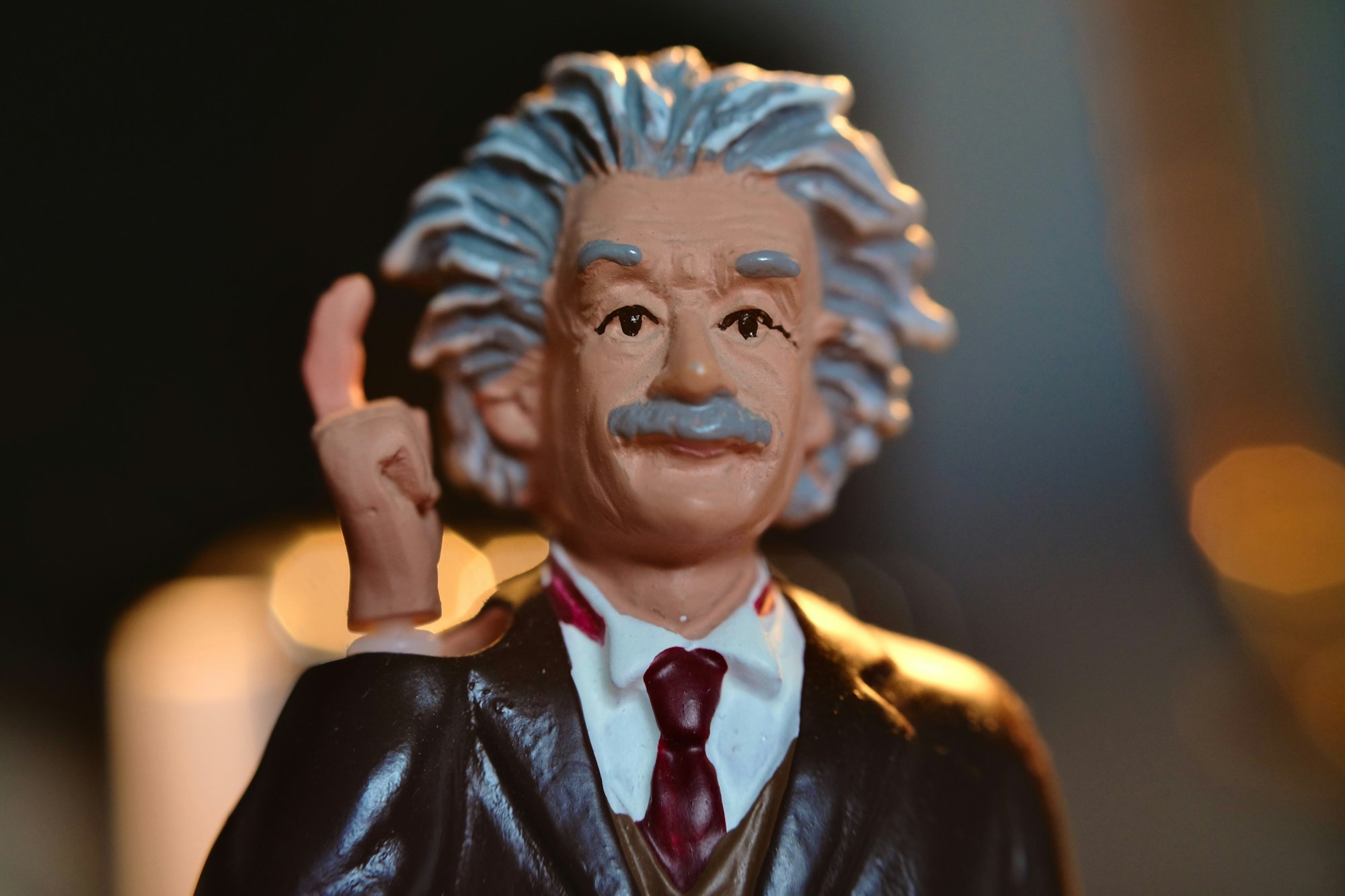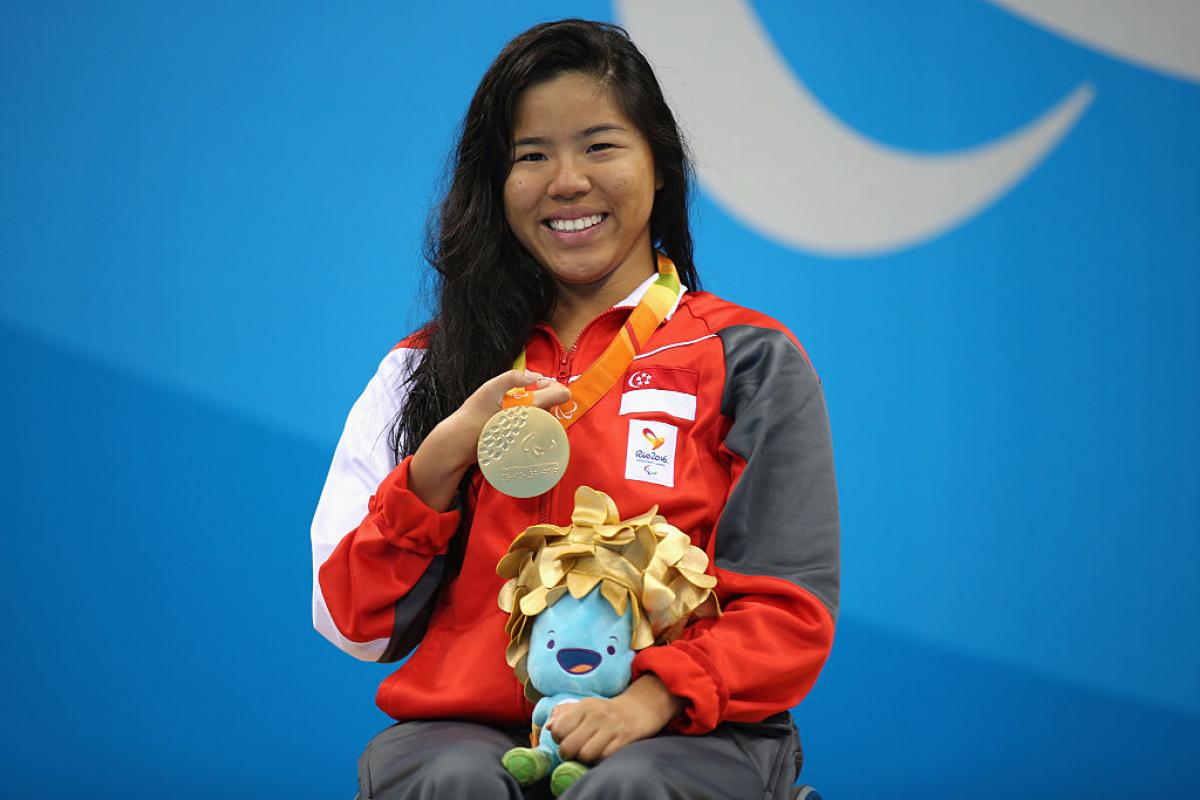Breakfast Notes #1 (A New Start, Thinking For Yourself, Singapore's Top Athlete)

I have decided to start afresh and break up with The Breakfast Bagel.
While I have learnt a lot from my time writing it, I felt that the presence of CNA, Straits Times, and Mothership meant very little value I could give to you, my dear readers. Furthermore, I felt like I had hit an impasse.
After all, there is only so much one can do with inflation rates.
Hello, Breakfast Notes.
I love the idea of a breakfast read.
Something light-hearted, causal yet enlightening.
As such, I introduce to you my Breakfast Notes.
This will be a weekly newsletter published on Fridays, where I curate the week’s top reads and offer you my meditations. You can expect a diverse array of internet pickings which I hope will be useful for you, the millennial in the marketplace.
Occasionally, I will share my ‘millennial fieldnotes’, valuable lessons and takeaways I picked up from books and work. I hope to internalise these lessons and share them with you.
Without further ado, here is Breakfast Notes #001.
#1 : How To Think For Yourself🧠

Thinking for yourself is way way way harder than you think it is.
- Why? It's often hard to be independent-minded when we tend towards convention and social norms.
I find myself guilty of being conventional minded whilst perceiving myself to be an independent thinker. It's just a coincidence that my beliefs are identical to my peers'. The power of social norms can be overwhelming and oppressing that one can be cornered into compliance.
- Tipping. As an exchange student in the USA three years ago, I never knew why people tipped 20-25% of the bill (even when they did not want to). In Singapore, the service charge was 10%, and I tipped 10% at a restaurant once and received unapproving glances from the waiter. I felt coerced into generosity during my entire time in America and always tipped the normal rate (even when service was bad). As of now, tipping is still not mandated.
Try Thinking For Yourself
Paul Graham suggests a few ways to force oneself out of conformity, and I 'happen' to agree.
- Work at a startup. The founders and early employees are almost always independent-minded; otherwise, the startup wouldn't be successful. A successful startup is both right and unconventional. Their innovation is so groundbreaking that they create new societal and economic norms. We might not all have the time and privilege to work at start-ups, but it never hurts to have made friends in this space. At the very least, they expose us to new ways of thinking and dreaming.
- Travel. The experience of travel always makes me feel like a fish out of water. David Foster Wallace once told a tale of two young fishes who had no idea what water was. The point of the fish story is that the most obvious, important realities are often the ones that are hardest to notice and discuss. Travel expels you from your routine and confronts you with drastically novel realities. Travel gives you a new frame of reference because now, you, the traveller, can make a comparison. For one, I never appreciated how meticulously well-maintained our public transport system was until I took the metro in New York City.
- Read History. When I read history, I try to memorise the milestone moments and adopt the perspective of people who lived in the past. Often, I ask myself - "What would I do in the same position?" As bad as COVID-19 was, it pales in comparison to the 1918 pandemic. Imagine an influenza outbreak in the middle of World War I, where overcrowding and continuous troop movement facilitated superspreading events. There was no roadmap to vaccine development, and public health awareness was much more rudimentary. All you could do was wear a mask and hope that the virus would pass you by. The virus claimed at least 50 million lives globally. Life was bleak. Conversely, thanks to better public health policies and improved technology, we could curb the impact of COVID-19 significantly. The death toll so far has been 5.5 million, close to 10% of the 1919 pandemic. In 2021, governments are doing their best to support their citizens through this difficult time. Imagine, instead of asking you just to mask up, your government forces you to fight in a war. Understanding history has helped me appreciate how incredibly lucky I am that I was born in this period and not 100 years ago.
A Good Question. Choose a contentious topic (i.e. abortion, the closure of Yale-NUS College, minimum wage). Spell out your stance. Can you identify what sways/influences your thinking?
The Key Takeaway. The more references point we can generate from various sources, the better we can become in thinking.
Quote Of The Week 💬
"How about we develop and embrace a collective value system that emphasizes physical hardiness and courage, an attitude that can press on through pain and suffering, a humble intellect that can adapt and overcome, a discipline that's unbreakable, and an unwavering commitment to accomplish the mission."
#2: Yip Pin Xiu, Singapore’s Top Athlete In 2021 🏊♀️

The world of sports is fundamentally unfair. The salaries of television athletes make Lee Hsien Loong’s salary look like peanuts. Lee Hsien Loong earns 2.2 million dollars a year for being the Prime Minister of Singapore. And, for many, this is an overpayment. Abel Nader, a reserve player on the Phoenix Suns NBA team who averages 15 minutes and 6 points a game, draws around the same salary for the record.
- The Attention Economy. Who draws the most eyes wins the most cash. This is also why movie stars and influencers roll in the dough. But one side effect of TV is that it tricks you into believing that what you see on TV is easy. We are so accustomed to watching people swim 100m in under 50 seconds; we cannot tolerate seeing someone swim the same distance in more than a minute.
The point of the Paralympics or Olympics isn’t ‘about which athlete we turn on the TV for; it’s about an acknowledgement of worthiness’. And for her struggle, tenacity and resolve, she broke her world record while claiming two golds. As such, it follows that Yip’s prize money should be higher.
The Key Takeaway. You will notice that Yip is literally swimming without legs and is using pure arm strength to pull herself through the pool. I have a pair of legs, and I still cannot do a backstroke. Her accomplishment of two gold medals and smashing the world record should make all of us Singaporeans proud. For anyone struggling to stay afloat in these times, I hope that we can follow Yip’s example of grit, perseverance and dedication.
Visualization Of The Day 🖼️
Some of the biggest scammers in modern history. This is another reminder that when something sounds too good to be true, it ain’t true.

#3: The Principles of Translation🦜
For any translation of a book to be worth its salt and cash, the translation must be underpinned by rigorous principles. If not, the author might be up to no good.
Victor Mair, a professor of Chinese language and literature at the University of Pennsylvania, offers five principles of a good translation in his book The Art of War; Sunzi's Military Methods. (I have edited this for brevity.)
- Being overly literal does not guarantee accuracy.
- Do not be too free.
- Be consistent, don't be stubborn.
- Strive to convey the sense of form and essence of the original.
- Do not demand your audience to visit supplementary materials.
What does translation have to do with anything?
To translate simultaneously means 'changing words into a different language' and 'changing things into a new form.'
To translate is to appreciate.
For me, the perfect cultural asset, to begin with, is the movies from the Marvel Cinematic Universe. Many of their movies borrow heavily from the original comic source material. The best movies do not seek to rip the comic panels out of the books and splash them across the silver screen. Yet, the best directors are disciplined enough to exercise creativity while preserving the essence of the character throughout the different movies. The best movies are those that you can watch independently and still enjoy it. Any easter eggs or 'nods' are just cherries on the top.
- The Age of Ultron. This was one of my favourite Marvel movies because a) James Spader crushed the role with such a forceful performance as Ultron, and b) it caught the essence of the varying interpretations of Ultron from the comics. The idea of Ultron was meant to illustrate the hubris of the heroes' technophilic approach towards saving the world. It was no coincidence that the smartest heroes - Hank Pym/Tony Stark/Bruce Banner, created Ultron. For all their smarts and genius, their blindspot was not caring about the risks of their creation. As an avid Marvel fanboy, seeing such a faithful interpretation of this iconic villain tickled me endlessly.
The Key Takeaway. The world we live in today is a world of 'remixing', where cultures cross-pollinate at an accelerating rate, where the new is birthed from a reimagination of the old. These principles help us thread the fine line between cultural appropriation and appreciation, a faithful reinterpretation of your favourite art or a greedy cash grab. I firmly believe that a mastery of the principles behind good translation differentiates the cynics and the connoisseurs of art, culture and life.
- My favourite Ultron quote. Everyone creates the thing they dread. Men of peace create engines of war; invaders create avengers, people create...smaller people? Uh...children! I lost the word there. Children. Designed to supplant them, to help them...end.
For a man made of vibranium, he is full of iron-y.
Reads Of The Week 📚
- A Brief Glance at Thomas Sowell. To understand how conservative Americans, you must know Thomas Sowell. You might disagree with him, just as I do , but you must respect his craft and his influence.
- The Renovation of Democracy. The three challenges the West must tackle in the face of a rising China and a stuttering democracy. The three Ps - participation without populism, pre-distribution of wealth through universal basic capital and planetary realism.
- China will build the best cars in the world. The goal for any automotive nation is to produce vehicles of outstanding quality at the lowest possible price, simultaneously delighting the owner with innovative features and good design. Brands like Nio and Xpeng are no longer the rip-offs of Western brand 20 years ago but have actually neared Tesla in sales (not in China but in Sweden and Norway)
Thanks for reading and stay amazing!